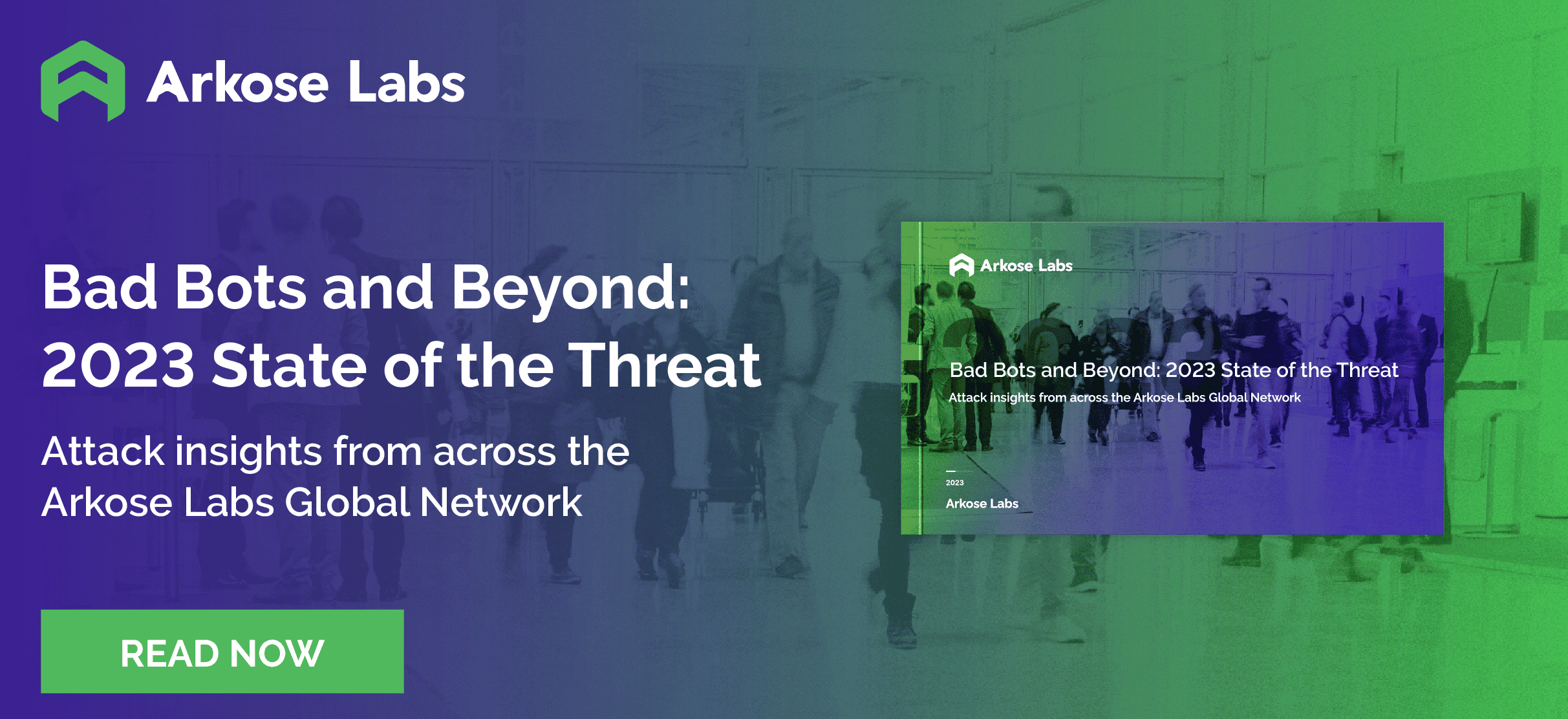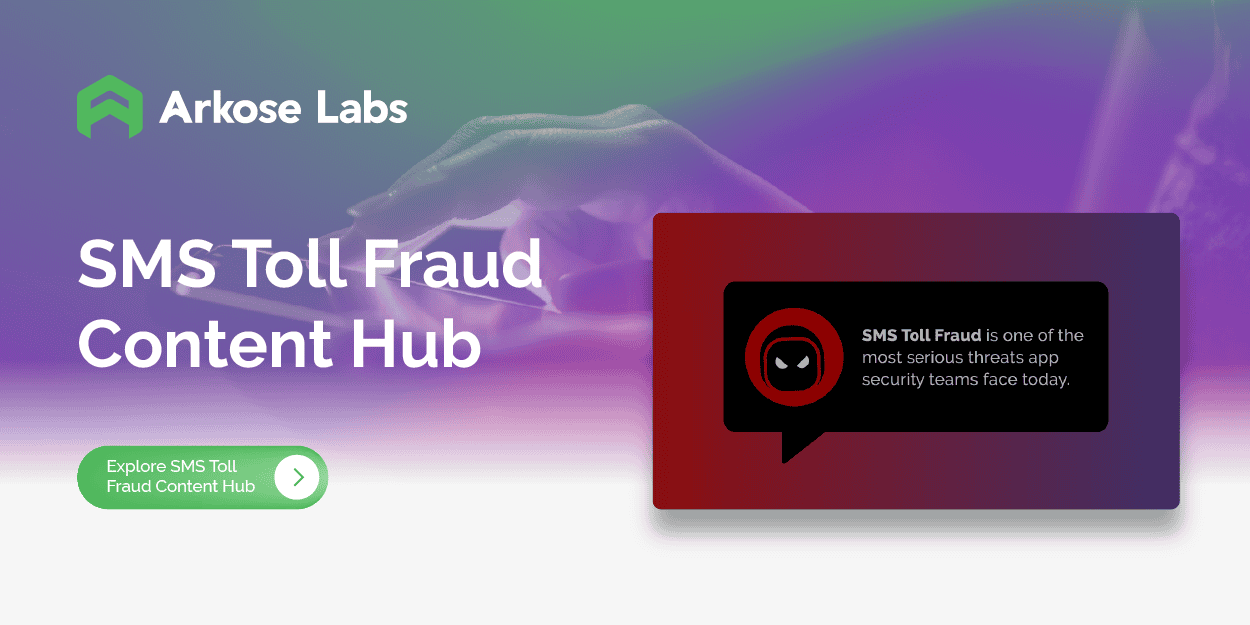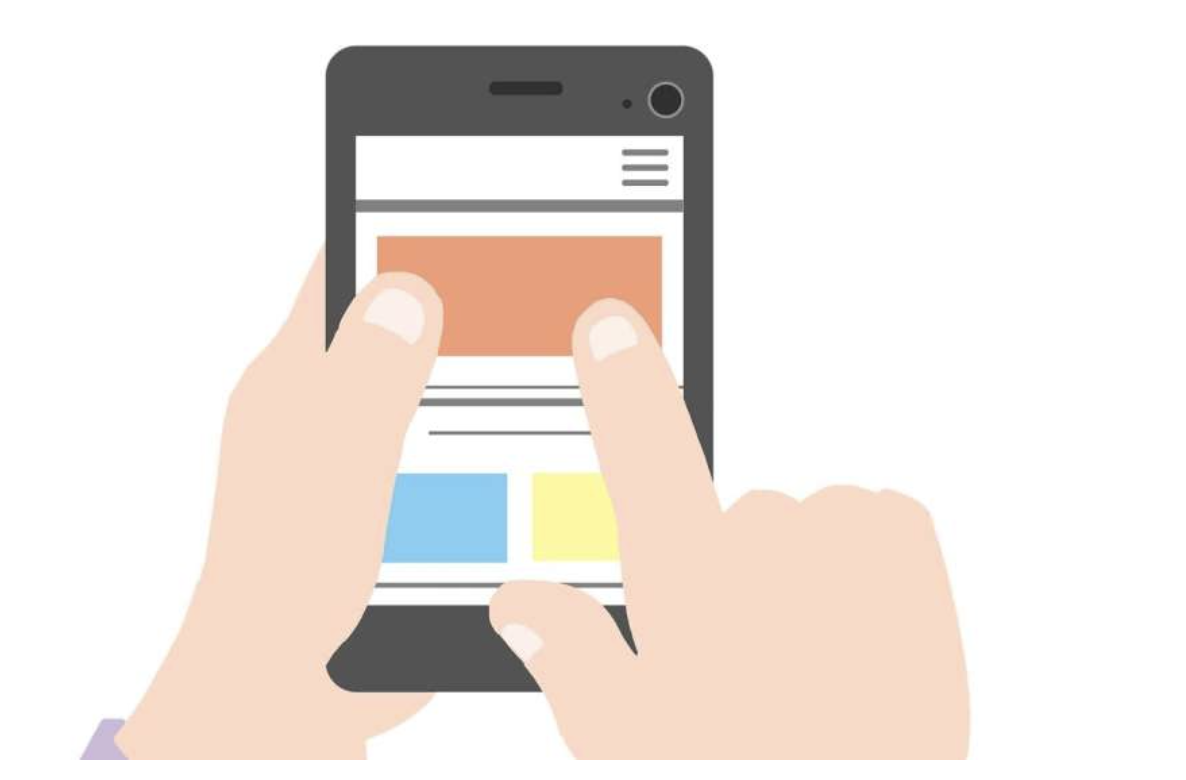When Aleksandr Zhadan used ChatGPT to talk to over 5,000 women on Tinder, it was a sign of things to come.
As artificial intelligence becomes more sophisticated and easily available, online dating is facing an onslaught of AI-powered fraud. The industry, which is dominated by a small number of incumbents, has already proven slow to respond to long-standing problems on its apps. AI will be its moment of reckoning—there are even apps that can help people write their messages.
Opponents of dating apps may be happy to see the industry crash and burn. The rest of us should worry. Online dating plays an important, and I believe positive, role in our lives. It has made it easier for people to find relationships, and easier to find people with whom we are truly compatible.
As the industry careens towards disaster, regulators should be prepared to intervene.
Real versus fake connections
Zhadan’s case shows one of the challenges AI poses for online dating. Now, when we chat with someone on one of the apps, we cannot know if their answers are written by a chatbot, nor can we know how many other people they are talking to simultaneously. We also can’t know if someone’s photos have been produced with the help of an AI image generator
But at least Zhadan was actually looking for love. Since the launch of ChatGPT in late 2022, the amount of outright fraud on dating apps, much of it powered by AI, has skyrocketed. According to cybersecurity company Arkose Labs, there was, between January 2023 and January 2024, a staggering 2,000 percent increase in bot attacks on dating sites.
And this is just the beginning. AI is getting more powerful, and more convincingly human, all the time.
Even before AI appeared on the scene, fraud on dating apps was already a serious problem. Sign up for one of them and you’ll instantly find your feed clogged with an endless number of fake profiles. Most of them have been created for a specific purpose, which is to steal your money. Unfortunately, it works.
In 2023, 64,000 people in the United States admitted to being the victims of romance scams, most of which happen through dating apps—we can assume this is only a small portion of the actual cases.
The Federal Trade Commission measures the losses for the year at US$1.14 billion. This has been going on for years, and the app companies have done little to stop it.
Online connections, offline threats
Fraud is not the only challenge faced by dating app users. A quarter of them, mostly women, have been stalked by someone they met online. Even more tragic are the cases of people being assaulted or murdered.
There are other issues: prices on the apps have gone up steadily and innovation has come to a grinding halt. Ever since Tinder introduced the card stack in 2016, the design of the apps has hardly changed.
You swipe, match, message and hope for the best. It should perhaps be no surprise that customers are getting fed up.
Benefits to society
While online dating certainly has its share of long-standing critics, I have argued that, on balance, the apps are a benefit to users and to society. They are an efficient way to find partners, get us out of our social bubbles and encourage connections across class and race.
Precisely because of the important role the technology plays in our lives, we should pay attention to how the industry operates. The dating app companies are finally starting to do something to protect users.
But given how long fraud has plagued these apps, their response has been slow and pretty underwhelming. They need, at a minimum, better tools to detect fake accounts and remove them quickly. There is a lot more they could do as well.
They could require background checks for users, which polls show a majority of people support. They could put AI to use themselves, to flag signs of fraud during people’s private chats. And dating app companies could implement safety features to protect users when they meet in person, for instance making it easier to share with your friends or family the profiles of people you are meeting up with.
Dominant players
One explanation for the companies’ sluggish response will be familiar to any observer of big tech: the concentration of ownership. The dominant player, Match Group, owns over 40 different apps, including most of the well-known: Tinder, Match.com, OkCupid, Hinge and Plenty of Fish. Its only serious competitor for market share is Bumble, which also owns Badoo and Fruitz.
In the United States, Match Group and Bumble control over three-quarters of the market.
Anti-trust authorities have never given the industry any serious scrutiny. Presumably, they do not think online dating is important enough to deserve it. But these companies have a lot of control over one of the most intimate aspects of our lives.
Thirty percent of all adults in the U.S., and over half of people under 30, have used a dating app at some point. One in 10 Americans is currently in a relationship with someone they met online.
The costs of fraud and abuse, in both human and financial terms, are huge. And the anti-competitive pressures in the industry are strong, given the network effect built into online dating: we want to be on the apps that everyone else is on.
Regulators should finally get involved. They should hold the companies accountable for fraud and abuse on their apps in order to force them to innovate to protect users. They should look closely at the prices they charge customers for premium features. The ultimate solution may be to break up the sector’s dominant players, Match Group and Bumble, in order to create real competition.
The inventors of dating apps deserve credit for enabling millions of connections that would never have happened otherwise. But if things don’t change, the companies could be in trouble and millions of people could be lonelier as a result.










